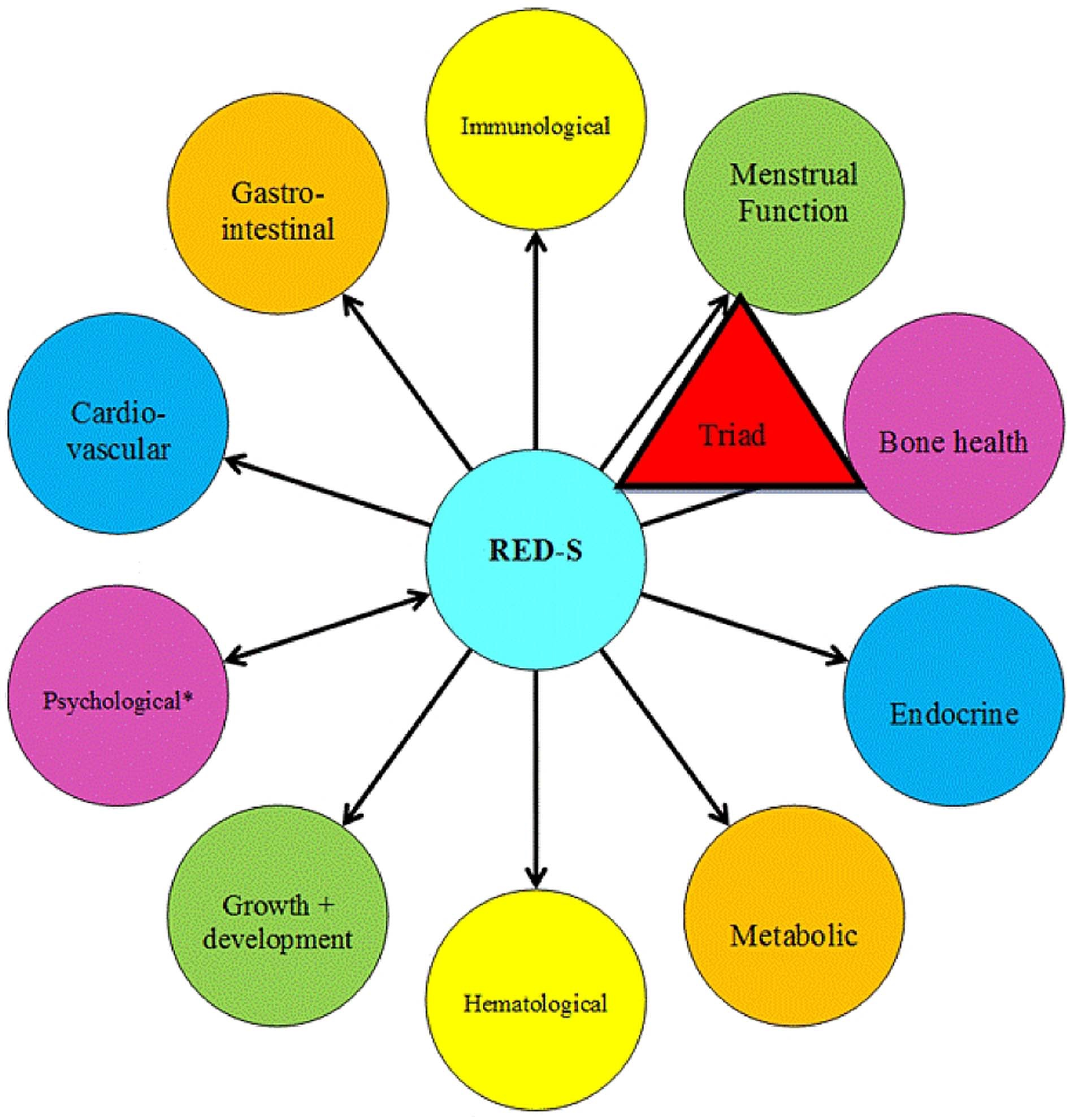Athlete Health
Nutrition
Hydration
Staying hydrated is a very important part of proper nutrition and contributes to overall performance at practice and competition. Swimmers often don't drink enough fluids at practice because they don't feel sweat loss while training in water. To stay hydrated during practice, athletes should drink 1/2 of cup of water
every 15 minutes or a full cup every half hour
(ie. 2hr practice = 1 litre/3hr practice = 1.5 litre).
For intense training sessions of an hour or more, athletes also need to replenish their electrolyte levels (primarily sodium). Sport drinks or diluted fruit juice
can provide a good source of electrolytes.
Homemade Sports Drink = 500mL unsweetened orange juice + 500mL water + 1.5mL salt.
Recovery Snacks
A healthy snack within 30 minutes after practice is vital to help repair muscle tissue and restore glycogen (energy) stores. It helps our athletes refuel and prepare for their next practice. There are three important components to an adequate recovery snack:
- Carbohydrate - refuel with foods like veggies, fruit and healthy bread products
- Protein - eat 10-20g of lean protein for muscle repair and growth
- Fluids - drink fluids within 30 minutes of practice
Recovery Snack Ideas:
- Fruit, cereal/cereal bar, milk/yogurt
- Tomato or fruit juice, pretzels
- Bagel, peanut butter, jam, chocolate milk
- Juice, yogurt, crackers
- Raw vegetables with hummus, milk
- Fruit smoothie (fruit, milk, yogurt) and toast
- Fruit, sport or energy bar, chocolate milk
Resources:
Sport Nutrition for Parents
Food Choices
Food Labels Decoded
Simple Nutrition Tips
Nutrition for Aquatic Athletes Booklet
RED-S (Relative Energy Deficiency in Sport)

What is it?
RED-S refers to impaired physiological function including, but not limited to, metabolic rate, menstrual function, bone health, immunity, protein synthesis and cardiovascular health caused by relative energy deficiency.
What causes it?
The primary cause of RED-S syndrome is chronic energy deficiency; meaning there is an imbalance between dietary energy intake (calories) and energy expenditure required for health and activities of daily living, growth and sporting activities.
Prevention
The best way to prevent RED-S syndrome is to use prevention strategies to help balance energy intake and expenditure like:
- Keep a weekly logbook to monitor menstruation, energy levels and nutrition
- Eat enough healthy foods to support successful training and performance
- Focus on a healthy positive body image
- Communicate with coaches about training, competition and stress or pressure
For more information on RED-S please click here.
Mental Health
Resources:
CAS Safe Sport Mental Health Resources
Concussion
What is it?
A concussion is a brain injury that cannot be seen on routine x-rays, CT scans, or MRIs. It affects the way a person may think and remember things for a short time and can cause a variety of symptoms.
What causes it?
Any blow to the head, face or neck, or a blow to the body which causes a sudden jarring of the head may cause a concussion. Concussions can occur in many sports so athletes should constantly be aware of their surroundings.
Common symptoms include but are not limited to:
- Headache and/or dizziness
- Feeling dazed
- Seeing stars/flashing lights
- Ears ringing
- Sensitive to light and/or sound
- Sleepiness
- Loss of field of vision and/or double vision
- Nausea
If an athlete is suspected of having a concussion, they will be removed from practice and need to be cleared by a medical doctor prior to returning to practice or starting their return to play protocol. CAS concussion policy & protocols will be followed (see link below).
Resources:
Pocket Concussion Recognition Tool
CAS Concussion Policy & Protocols
